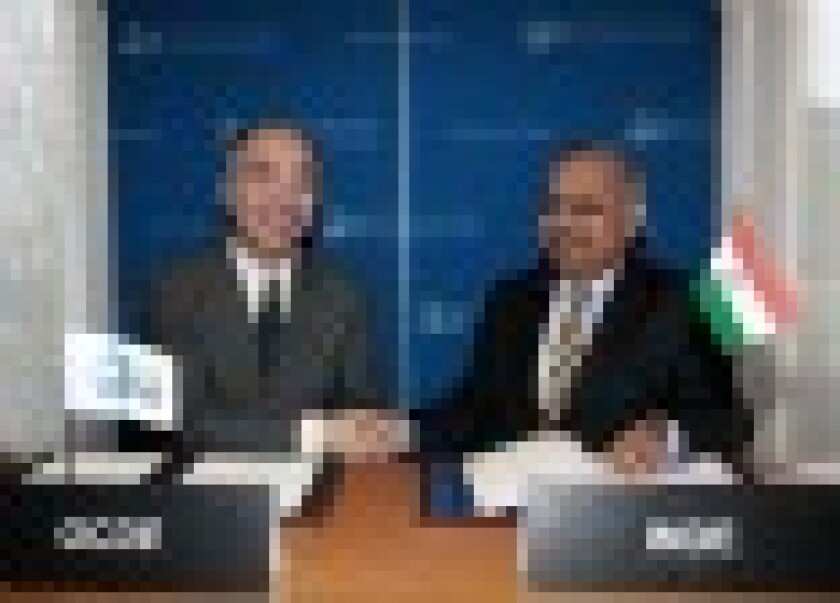India signed the OECD’s Convention on Mutual Administrative Assistance in Tax Matters last week, in what could be seen as the latest step in India becoming a full member.
The Convention is a multilateral agreement promoting international cooperation in the assessment and collection of taxes. It is one of the OECD’s tools used to combat tax avoidance and evasion, and multinationals should expect increased scrutiny.
“Multinationals should be ready for Indian Revenue having access to more information regarding their global operations,” said Sanjiv Malhotra, director at BMR Advisors - Taxand. “Assuming that such multinationals do not have anything to hide, the Convention should be taken as a positive development as it provides for a more efficient dispute resolution through spontaneous exchange of information and simultaneous or joint audits.”
Not only will the authorities have greater access to multinationals’ activities, but the extra information available will be openly welcomed in court, should proceedings reach that stage.
“Tax structures set up for any reason will be more transparent and become available to the tax department earlier than before,” said Pawan Kumar, of PwC. “Also the information which could be used against a taxpayer will be certified by the other signatories to the Convention and therefore more reliable and acceptable to the Courts of India.”
Exchange of information
India has focused a lot of attention on black money in recent years. Kumar said this attention has come from both the media and the courts.
“Government has been criticised for not getting money stashed abroad,” he said. “It is against this background that tax information exchange agreements (TIEAs) have been signed with the Cayman Islands, Bermuda and many other tax havens like Jersey.”
Malhotra said India has been “aggressively moving forward” to strengthen its ties when it comes to exchange of information, negotiating double taxation avoidance agreements and TIEAs with 56 jurisdictions in the last 24 to 36 months.
“India has moved very quickly since its commitment to the Convention at the November G20 ceremony in Cannes and I expect it will be the first non-OECD G20 country for which the updated Convention is in force,” said Jeffrey Owens, outgoing director of the OECD Centre for Tax Policy and Administration.
Kumar said the Convention is a maximisation of efforts for the exchange of information and possibly a greater cooperation between the signatories for simultaneous tax examinations and recovery of tax claims.
“Evasion of taxes has become a political issue and this may be the immediate motivation for the signing of the Convention. The apex body for tax administration, the Central Board of Direct Taxes, has always been in favour of getting as much information as possible and the Convention does take this forward,” added Kumar.
Enhanced relations
The signing of the Convention could be viewed as the next stage of progression in the relationship between India and the OECD, with full membership possibly edging closer. However, advisers warn that this may well not be the case.
“The OECD are in cooperation with India on many fronts including taxation,” said Kumar. “Becoming a signatory to the Convention is for India’s own compulsions and necessity as it is for the other eight non-OECD signatory countries.”
Malhotra offers similar warnings, saying that on the issue of India getting closer to OECD membership, “I wouldn’t read too much into that through the signing of this Convention”, though he did add that he thinks the Indian Revenue has more to gain in this area of cooperation.
Encouraging other signatories
Malhotra believes other countries can take away one important message from this agreement – that with India signing, the Convention surely has something for the developing countries. This could lead to others also signing the agreement.
“However, some countries may find it difficult to sign the Convention as they do not have the requisite machinery to comply with it,” warned Kumar.










